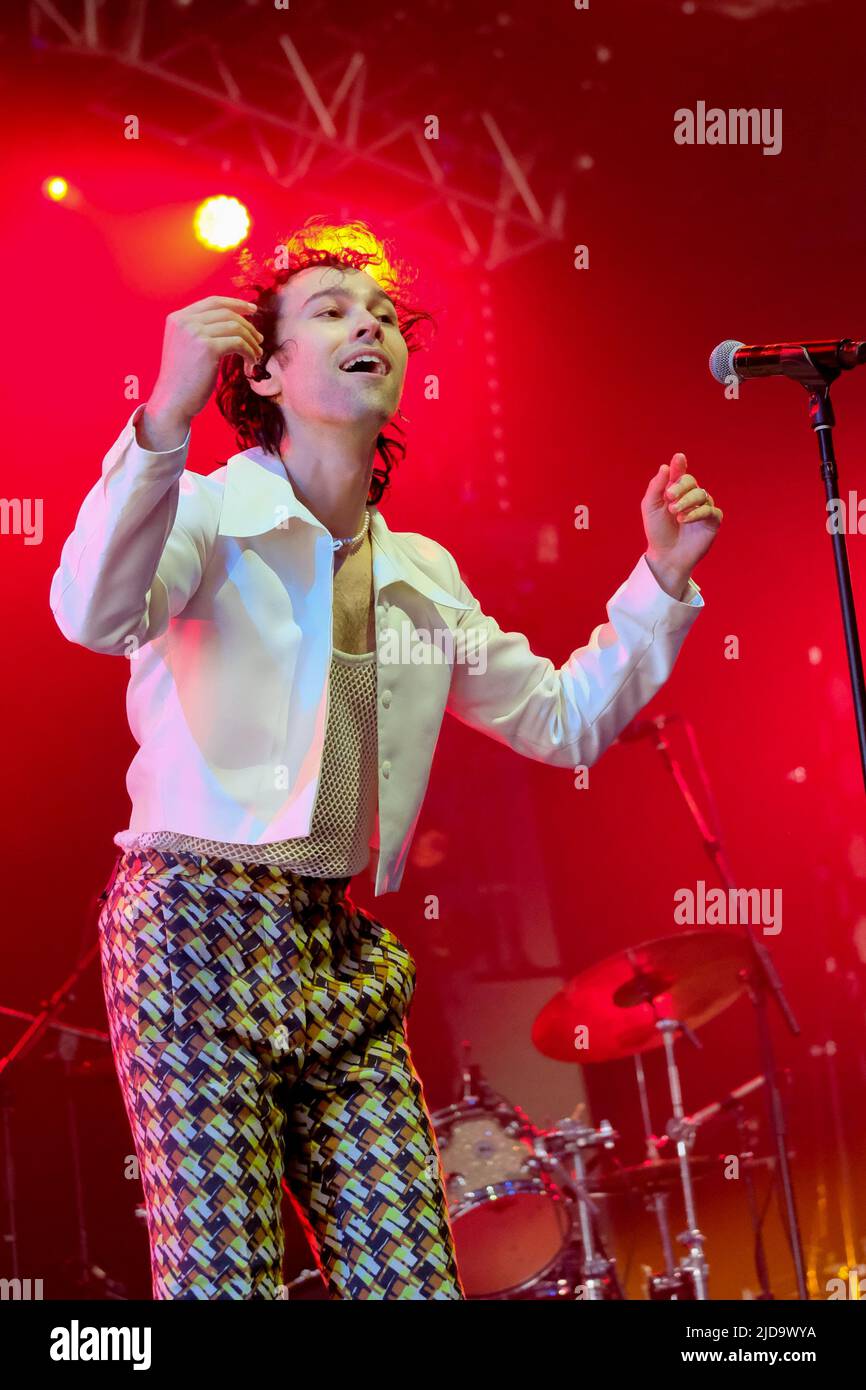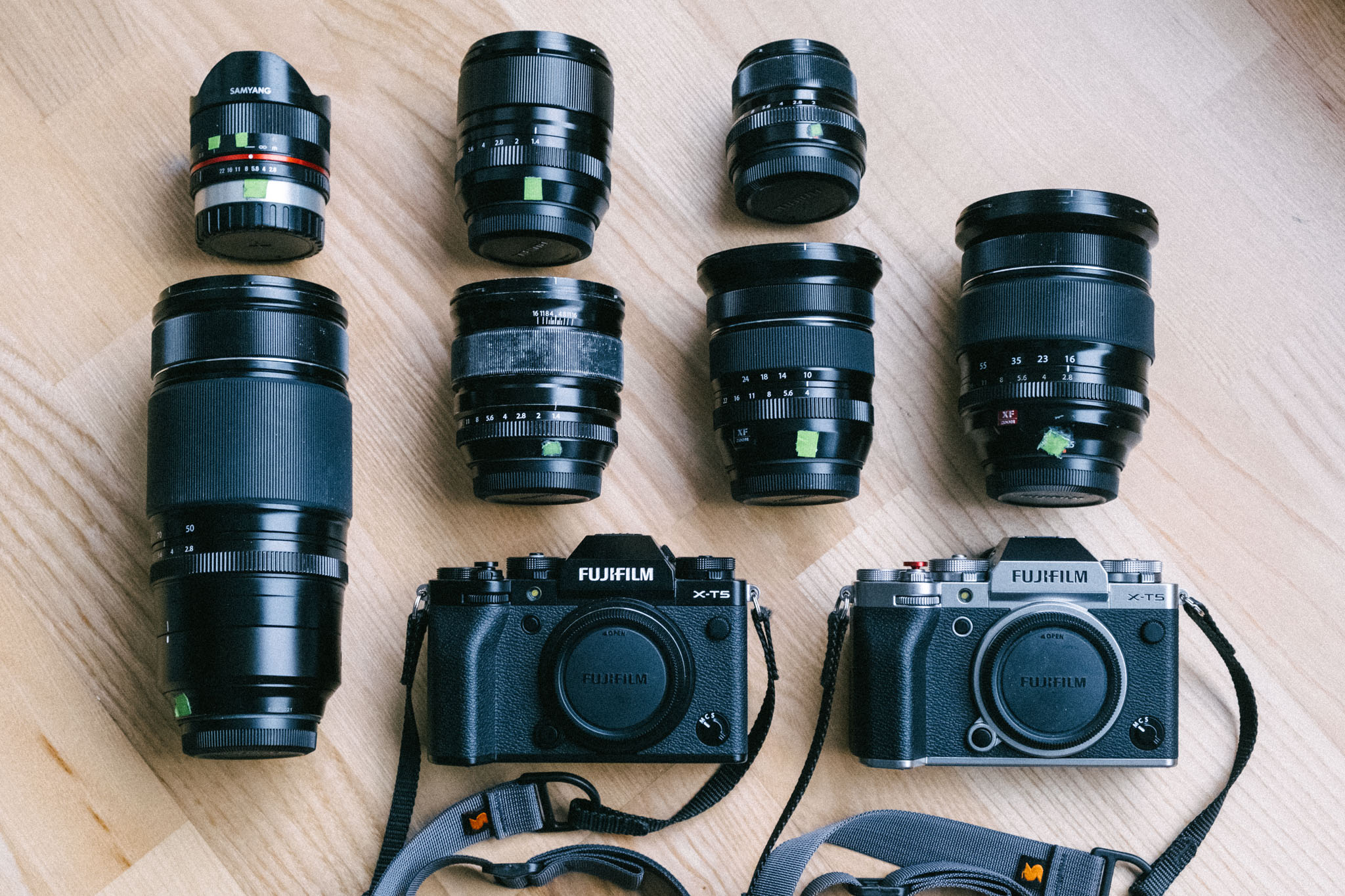Have you ever dreamed of capturing the adrenaline-pumping energy of live concerts through your camera lens? Becoming a concert photographer is an exhilarating journey that requires a unique blend of passion, skills, and dedication. In this blog, we will unlock the secrets to help you navigate the dynamic world of live music photography and pave your way to success. From understanding the technical nuances of low-light settings to building relationships with artists and mastering the art of storytelling through your photos, we will delve into the essential steps you need to take to become a proficient concert photographer. So, grab your camera, buckle up, and embark on this exciting adventure together!
I shot this photo of Saturn 🪐 last year. Just using my NikonD 750 camera with a Nikkor telescopic lens 200-500mm ✨#Saturn #nikonphotography #Space pic.twitter.com/fBHUZJV0Ub
— ᗰᗩƳᖇᗩ ℙ𝕙𝕠𝕥𝕠𝕘𝕣𝕒𝕡𝕙𝕪 (@LePapillonBlu2) December 9, 2021
Introduction: Exploring the World of Concert Photography
Concert photography offers a captivating glimpse into the world of live music, allowing photographers to freeze unforgettable moments in time. Capturing musicians’ energy, emotion, and artistry on stage is a thrilling experience for any photography enthusiast.
The Thrill of Live Performances
Being immersed in a concert’s pulsating beats, dazzling lights, and electrifying atmosphere is an unparalleled sensory experience. Photographers have the privilege of witnessing and documenting these exhilarating performances.
The Art of Timing and Lighting
Concert photography demands a keen eye for detail, quick reflexes, and an understanding of lighting techniques. As performers move swiftly on stage, photographers must master the art of timing to capture the perfect shots amidst dynamic lighting setups.
![Concert photography showcasing energetic performances in [year]](https://l450v.alamy.com/450v/2r65wea/hundred-reasons-clwb-ifor-bach-2001-hundred-reasons-100-reasons-playing-live-at-clwb-ifor-bach-welsh-club-in-wales-uk-on-14-may-2001-photograph-rob-watkins-info-100-reasons-a-british-post-hardcore-rock-band-formed-in-1999-in-london-gained-acclaim-for-their-energetic-live-performances-and-emotive-songwriting-hits-like-if-i-could-and-silver-showcased-their-dynamic-sound-earning-them-a-devoted-following-in-the-early-2000s-music-scene-2r65wea.jpg)
understanding the Role of a Concert Photographer
Concert photographers play a crucial role in capturing the essence and energy of live music performances through their lenses. They document the artists’ onstage presence, interactions with the audience, and the overall atmosphere of the concert.
The Art of Capturing Moments
Concert photographers must possess a keen eye for detail and timing to capture the perfect shot amidst a live concert’s dynamic and fast-paced environment. Each camera click must freeze a moment that tells a story and evokes emotions.
Being able to anticipate the right moments to click is crucial.
Technical Skills and Equipment
Alongside artistic vision, concert photographers require technical expertise handling cameras, lenses, and lighting equipment. They should be proficient in low-light photography techniques to capture sharp, vibrant images in challenging stage settings.
- Knowing how to adjust camera settings swiftly is essential.
- Having a variety of lenses for different shots is recommended.

Acquiring the Necessary Skills and Equipment
Before delving into concert photography, you must equip yourself with the right skills and gear. Here’s how to get started:
Develop Photography Skills
Start by mastering photography basics such as exposure, composition, and lighting. Then, practice consistently to hone your craft.
Understand Concert Photography Techniques
Research specific techniques for shooting concerts, such as dealing with low light conditions and capturing the essence of live performances. Stay updated on the latest trends in concert photography.
Invest in Quality Equipment
Consider investing in a camera with good low-light performance, fast lenses, and a sturdy tripod. Ensure your equipment is suitable for this Year’s concert photography requirements.

Building Your Portfolio and Gaining Experience
To become a successful concert photographer, focus on building a solid portfolio and gaining valuable experience. This is crucial for attracting potential clients and establishing your credibility in the industry.
Attend Local Gigs and Shows
Start by attending local gigs and shows to practice your photography skills in a live music environment. Capture different genres and styles of music to diversify your portfolio.
Networking with local bands and venue owners can also lead to opportunities for photographing performances.
Collaborate with Music Blogs and Magazines
Partnering with music blogs and magazines can provide exposure to your work and help you gain experience in the field. Submit your photos for publication and showcase your talent to a broader audience.
- Offer to cover events for these platforms and build relationships within the music industry.
- Collaborating with established publications can open doors to more significant opportunities in concert photography.
Networking and Getting Your Foot in the Door
Networking is a crucial aspect of **how to become a concert photographer**. Attend industry events, contact professionals on social media, and ask for mentorship opportunities to get your foot in the door.
Attend Photography Workshops
Joining photography workshops can help you connect with fellow photographers and industry experts. It’s a great way to learn new techniques and gain exposure in the photography community.
Engage on Social Media
Utilize platforms like Instagram and Twitter to showcase your work and engage with other photographers. Use relevant hashtags and tag industry professionals for a chance to get noticed.
Networking through social media can open up new opportunities and help you establish a solid online presence. **Attend photo meetups** and connect with photographers in person to strengthen your network.
Mastering the Art of Concert Photography
Capturing the essence of a live performance through the lens requires more than just technical skills. To truly master concert photography, one must blend creativity with technical prowess.
Understanding Lighting and Exposure
Concert venues often have challenging lighting conditions, making it crucial to understand your camera’s exposure settings. Experiment with different ISO, aperture, and shutter speed combinations to achieve the perfect shot.
Choosing the Right Gear
Invest in a fast lens with a wide aperture to capture sharp images in low-light settings. Additionally, consider using a telephoto lens to zoom in on distant performers without losing image quality.
- Select a sturdy tripod to keep your camera stable during long exposures.
- Carry extra batteries and memory cards to avoid missing crucial moments.
Dealing with Challenges and Enhancing Your Craft
As you journey towards becoming a successful concert photographer, you will undoubtedly face challenges that test your skills and dedication. Overcoming these challenges is essential for enhancing your craft and standing out in this competitive field.
Continuous Learning and Adaptation
Embrace a mindset of continuous learning and adaptation. Stay updated on the latest trends in concert photography, technology, and editing techniques. Attend workshops, read photography blogs, and experiment with new styles to expand your skills and keep up with the evolving industry landscape.
Building a Strong Portfolio
Curate a diverse portfolio showcasing your best work across various music genres, lighting conditions, and stages. A strong portfolio demonstrates your versatility as a photographer and attracts potential clients and collaborators.
Marketing Yourself as a Concert Photographer
As a concert photographer looking to enhance your visibility and attract more clients, focusing on effective self-promotion strategies that set you apart from the competition is crucial.
Building Your Portfolio
Start by curating a diverse portfolio showcasing your best concert photography work from various music genres and venues. Highlight your unique style and ability to capture the energy and essence of live performances in [current Year].
Utilizing Social Media
UYearze platforms such as Instagram, Facebook, and Twitter to showcase your work. Engage with followers, collaborate with musicians, and leverage relevant hashtags to increase your reach and engagement. Share behind-the-scenes insights to emphasize your expertise.
Expanding Your Horizons and Taking Your Career to the Next Level
Expanding your horizons is crucial in the competitive world of concert photography. To take your career to the next level, consider exploring new genres, experimenting with different techniques, and networking with industry professionals.
Continuously Educate Yourself
Stay updated with the latest trends and technologies in concert photography. Attend workshops, webinars, and photography exhibitions to enhance your skills and knowledge for becoming a successful concert photographer.
Collaborate with Musicians and Event Organizers
Building relationships with musicians and event organizers can open doors to new opportunities. Offer to cover events for upcoming bands or festivals—network with professionals in the music industry to boost your credibility and exposure.
Frequently Asked Questions
- What skills are required to become a concert photographer?
- To become a concert photographer, you need a good understanding of techniques, especially low-light photography. You also need a passion for music and the ability to capture the energy and atmosphere of live performances.
- How can I get started as a concert photographer?
- Start by practicing photography in various low-light situations to hone your skills. Attend local concerts and events to build your portfolio. You can also contact local bands or venues to offer your services for free or at a discounted rate to gain experience.
- What equipment do I need to be a concert photographer?
- Invest in a high-quality camera with good low-light performance, fast lenses, and possibly a telephoto lens to capture the action on stage. Backup equipment and accessories like extra batteries and memory cards are also essential.
- How can I improve my concert photography skills?
- Continuously practice and experiment with different techniques. Study the work of other concert photographers for inspiration. Attend workshops or courses to learn new skills and stay updated on the latest trends in concert photography.
Final Thoughts: Unlocking the Secrets to Become a Concert Photographer
Embarking to become a concert photographer can be thrilling and challenging. In this blog, we have delved into the essential steps and tips to help you unlock the secrets of this exciting profession.
By understanding the importance of networking, honing your photography skills, and familiarizing yourself with the industry, you can set yourself on the path to success. Remember, persistence and passion are fundamental driving forces in this competitive field.
So, equip yourself with the right gear, seize every opportunity to practice, and never stop learning. With dedication and a creative eye, you can capture the energy and essence of live music performances like a pro. Best of luck on your concert photography journey!
